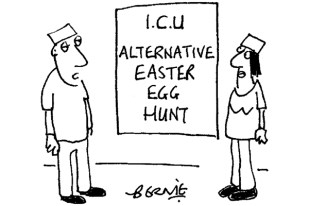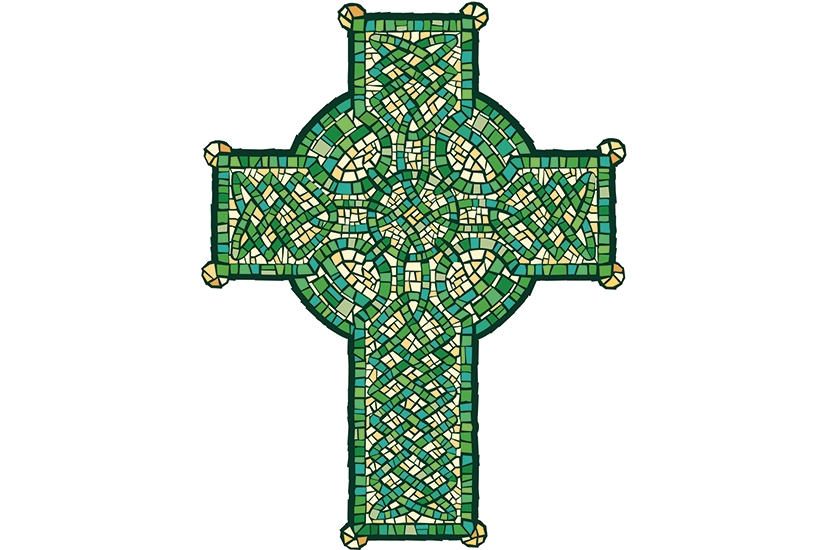There is an ancient Celtic prayer that is as relevant today as it was all those centuries ago:
Be Thou between me and all things grisly, Be Thou before me in all things mean, Be Thou between me and all things gruesome Coming darkly towards me.
We live in a grisly time and don’t quite know what to do with the gruesomeness of it. This little prayer, whose origin is sometime between the 5th and 9th century, has that sense of foreboding that we are feeling in these dark days too. For the Celtic Christians, the darkness was all too real. They were a largely rural people, living in turbulent feudal times, but they understood much about the practicalities of life and how to turn concerns and desires into prayers.
Celtic Christianity started after the Romans left Britain in 410. In 635 an Irish monk, St Columba, came to Iona and set up a church and monastic community. He converted pagans in Scotland and Northern England, and over the centuries these monasteries became centres of creativity, learning and even enterprise.
But day-to-day life was hugely uncertain. Plague and smallpox ravaged the country and touched the life of everyone, including St Cuthbert, who probably died of plague in 687. After the Romans left Britain, it is estimated that the country’s population may have decreased by up to three million.

More and more often I find myself turning to the ancient reassuring prayers in this time of modern contagion. Our forebears were on the money when it came to identifying what it felt like to be under threat and what it took to be reassured. They were all too aware that life is risky, we suffer fear of the future, and when we are isolated we stop functioning.







Comments
Join the debate for just £1 a month
Be part of the conversation with other Spectator readers by getting your first three months for £3.
UNLOCK ACCESS Just £1 a monthAlready a subscriber? Log in